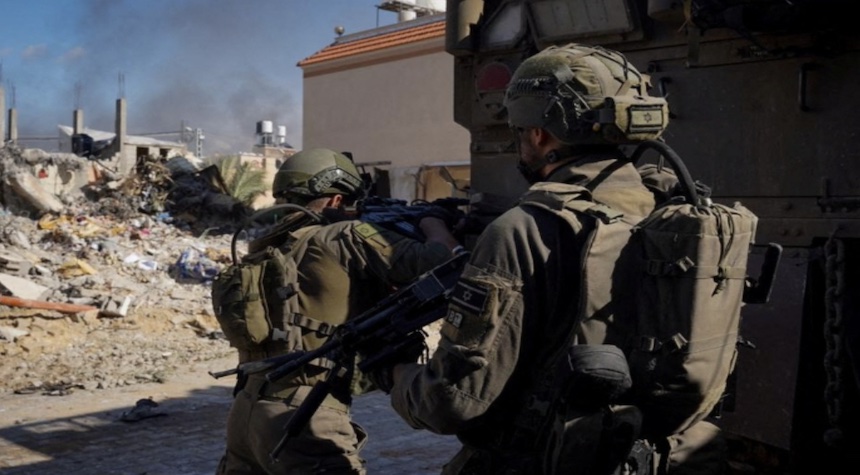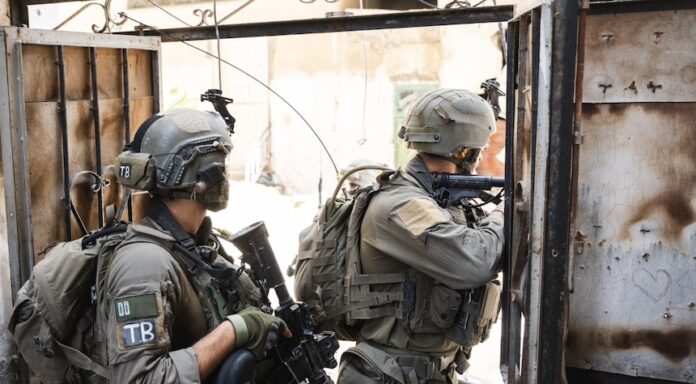The Israel Defense Forces (IDF) canceled all home leave for combat troops on Thursday, citing threats of retaliation from Iran. This decision follows the IDF’s recent attack on Iran’s Damascus embassy, which resulted in the death of Mohammad Reza Zahedi, a senior commander in Iran’s Revolutionary Guards Corps. The IDF is reportedly preparing for potential attacks, including the possibility of direct assaults from Iran.
Israel Defense Forces announced on Thursday that all combat troops would not be allowed to return home after a new assessment. Iran has threatened retaliation for an attack on its consular building in Damascus earlier this week, which it blames Israel for.
The military announced, “The IDF is at war and that the issue of deployment of forces will be constantly reviewed as necessary.”
The IDF may be preparing for scenarios such as missile and drone attacks from Iran-backed groups operating in Lebanon, Syria, and Yemen, all of which were carried out during the Gaza War, or direct ballistic missile attacks from Iran. Israel has never faced this situation before. Israeli officials are confident that the air defense system will be able to handle this threat.

A direct attack from Iranian territory could lead to a major escalation of tensions and an open conflict between Israel and Iran. Iran has been involved in a proxy conflict with Israel for years. It provides technical assistance and arms to Hezbollah and Hamas. However, Iran has never launched an attack directly from its territory.
Israel intercepts arms shipment from Iran to Gaza
Israel’s chief military intelligence officer has created a masterpiece in understatement regarding this development.
In remarks released by IDF, Maj. Gen. Aharon Haliva said that Israel is facing a difficult time. “I told you many times that I am not sure that the worst has passed and that we still have a long road ahead.”
Israel has not taken responsibility for the attack that killed Iran’s top Islamic Revolutionary Guard Corps (IRGC) general, his deputy, and five other IRGC officials in Syria on Monday. However, Tehran has blamed Jerusalem and vowed vengeance. The IRGC has been designated as a terror group by the US.

It’s been a complex week. The fact that Israel and Iran do not share a common border complicates a direct conflict. Any direct attack in either direction will have to pass through the airspace of Iraq, Syria, and Jordan. Any such conflict is likely to involve Iran’s proxy forces in Syria, Iraq, and Lebanon as well as Gaza. It may also include ballistic missiles launched by Iran.
In Israel, there are indications that GPS navigation systems are being interfered with. It’s believed that the IDF has caused this disruption to disrupt potential attacks.
In northern Israel and areas near Gaza, GPS signal disruptions are common. Central Israel is less affected. GPS signal disruptions are part of the IDF’s efforts to prevent attacks against Israel.
Israel, meanwhile, is thought to possess between 80 and 400 nuclear warheads. These can be delivered by Jericho intermediate-range ballistic missiles as well as submarine-launched missiles. This last point should be a major concern for Iran as it has little or no capability in anti-submarine warfare.
Israel and the Middle East are in for some interesting times.


